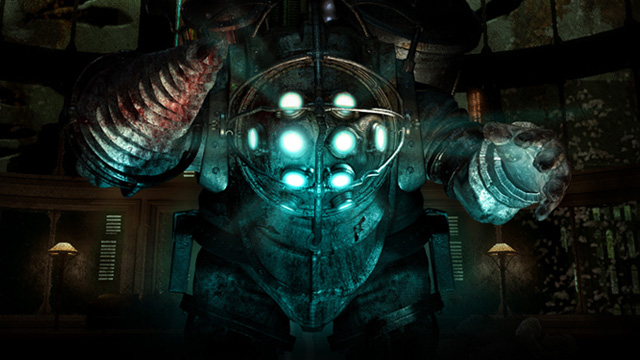This post has not been edited by the GamesBeat staff. Opinions by GamesBeat community writers do not necessarily reflect those of the staff.
 When community member Jeffrey Michael Grubb wrote an article this week about audiences needing to keep journalists in check, he brought up ESPN as an example of a media outlet not “writing for their readers” but rather “writing for money.”
When community member Jeffrey Michael Grubb wrote an article this week about audiences needing to keep journalists in check, he brought up ESPN as an example of a media outlet not “writing for their readers” but rather “writing for money.”
But something to consider: The two are somewhat synonymous. I have no particular loyalties to ESPN, but to defend them for a moment — they probably cover NASCAR really heavily for the same reasons why a website or magazine (including us when we were at EGM) would cover Halo or Grand Theft Auto to death: The readers want it.
That’s right, you guys asked for it. And we know you’re only coming back for more.
OK, that may not apply to Bitmob’s audience exactly. Based on the stuff you’re writing here, you may be a little less mainstream-average than the wider EGM audience. But we read the letters. We saw the traffic numbers. We analyzed the newsstand-sales data. Our readers couldn’t get enough of those AAA titles, so we increased coverage to match.
And why wouldn’t we? We’re only giving the readers more of what they wanted, and we’d make more money as a result. And I imagine it’s exactly the same for ESPN and NASCAR. The only drawback: You may lose a small portion of the audience who doesn’t want to be force-fed so much hype. Some people can only take so much Halo, GTA, NASCAR, and what the hell, I’ll throw American Idol in there as well.
To give you further insight on how we do things in enthusiast gaming media, here are the top five reasons why coverage decisions get made, in order from the most legitimate to the most sketchy:

1. It’s worth covering. Sometimes, the press gets wind of a relatively unknown game, thinks it’s hot shit, and wants to be the one that tells the readers how hot shit it is. BioShock (Game Informer, EGM) was a great example of this.
2. What I mentioned above: reader demand. So yes, when ESPN covers NASCAR for the 15th time on the same episode of SportsCenter, or when GamePro has Halo 3 on the cover for the third time in four months, it’s all for the same reason: because you wanted it.
3. Sometimes, the press just gets a good pitch. Maybe the PR person convinces us this game would sell magazines or bring in a lot of traffic, or maybe we hear an interesting angle that we’d like to pass on to the reader. But good PR people know how to sell a good story.
4. Now heading into sketchy territory…sometimes, coverage happens as a favor of sorts. Either the outlet is giving one game some coverage in order to get an exclusive on another from the same publisher, or they’re doing it because their relationship with that game company has crossed over that dangerous gray area. Mutual back-scratching isn’t uncommon in our biz.
5. Finally, money…and not the type of money that comes from readers being consumers of our products. I’ve bitched about this before in EGM in the past, so I won’t get into it too much here. But it’s pretty well-known in certain circles that big enough ad buys can get you the coverage (or covers) that a game company would need or want.
I tell you all this not to stir up not-hot shit, but for the same reasons that Jeffrey had for writing what he wrote: Readers need to know and keep a critical eye out on us.
The press keeps the world honest. But that only works if the audience keeps the press honest.
